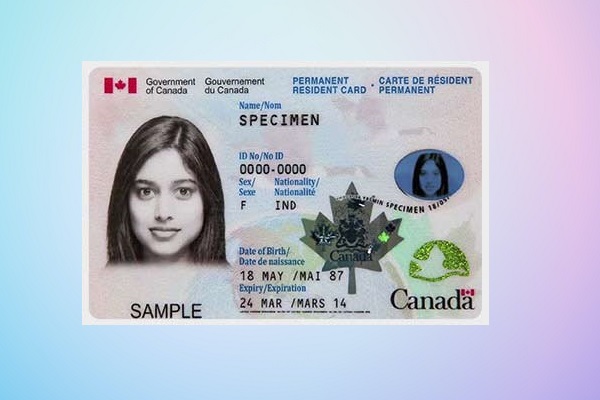Once I am a permanent resident of Canada, do I have to stay in Canada?
Every permanent resident (PR) must remain physically present in Canada for at least 730 days, or 2 years, out of every 5-year period. This is called the “residency obligation”.
Besides being physically present in Canada, some specific days spent outside of Canada can also count towards the residency obligation. Days spent outside Canada that may count towards the residency obligation include:
- Days that the PR is accompanying your Canadian citizen spouse or common-law partner outside of Canada. In the case of a PR child, any day spent accompanying their Canadian parent abroad is counted;
- Days that the PR is employed outside of Canada, on a full-time basis, by a Canadian business, the federal public administration, or the public service of a province; or
- If the PR is the spouse or common-law partner of another PR who is employed outside of Canada, on a full-time basis, by a Canadian business, the federal public administration, or the public service of a province, then the days spent outside of Canada with their spouse or common-law partner may be counted towards the residency obligation.
Whether one has met the residency obligation is assessed by a Canadian Border Services Agency (CBSA) or Immigration, Refugee and Citizenship Canada (IRCC) Officer at the following instances:
- Any time you return to Canada;
- Any time you apply for a PR Card; and
- Any time you apply for a permanent resident travel document (PRTD), if you are outside Canada without a valid PR Card and require a PRTD to return to Canada
If your assessment occurs because you are re-entering Canada, then the Officer will count 5 years back from the date you are entering Canada. If applying for a PR Card, the Officer will count 5 years back from the date they assess your application. If you are applying for a permanent resident travel document, then the 5-year period will be counted back from the date that the application was made.
If you have been a permanent resident for less than 5 years, you are still able to leave Canada before you have stayed in Canada for 730 days. However, you must be able to satisfy an Officer upon your return to Canada that you can meet the residency obligation before your first 5-year period expires. This means that, at minimum, you must return to Canada with enough time to fulfill the residency obligation that you remain in Canada for 730 days out of your first 5 years as a PR.
For example, if Sam became a permanent resident on January 1, 2020, then left Canada 1.5 years later to visit family on July 1, 2021, Sam should plan to return to Canada no later than July 1, 2024. If they return by that date, then they can remain in Canada long enough to meet their residency obligation before 5 years have passed since they became a PR.
If Sam then applied to renew their PR Card on February 15, 2026, and an Officer assessed the application on April 7, 2026, then they would count backwards 5 years from April 7, 2026 and use that period to assess the residency obligation (if Sam remained in Canada since submitting her application). If Sam was physically present in Canada for 730 days between April 7, 2021 and April 7, 2026, then their PR Card will likely be issued. However, if Sam does not have 730 days of physical presence in Canada, then the Officer must decide whether Sam should retain their permanent residency on humanitarian and compassionate (H&C) grounds.
If you believe that you have not met the residency obligation, or if you expect that you may not physically spend 730 days of in Canada, I recommend that you consult with a Canadian immigration lawyer. Getting personalized advice will be critical in determining how you may overcome the residency obligation and retain your PR status, or whether you may rely on other ways to meet the residency obligation from outside Canada.
Immigrant Women Services Ottawa
219 Argyle Avenue, Suite 400
Ottawa, Ontario
K2P 2H4
Tel: 613-729-3145
Fax: 613-729-9308




 Abigail Williams - Treasurer
Abigail Williams - Treasurer Maria Choque - Member
Maria Choque - Member Hosai Qasmi - Member
Hosai Qasmi - Member Georgette Morris - Member at large
Georgette Morris - Member at large Veronica Dingile Mbofana - Member
Veronica Dingile Mbofana - Member


